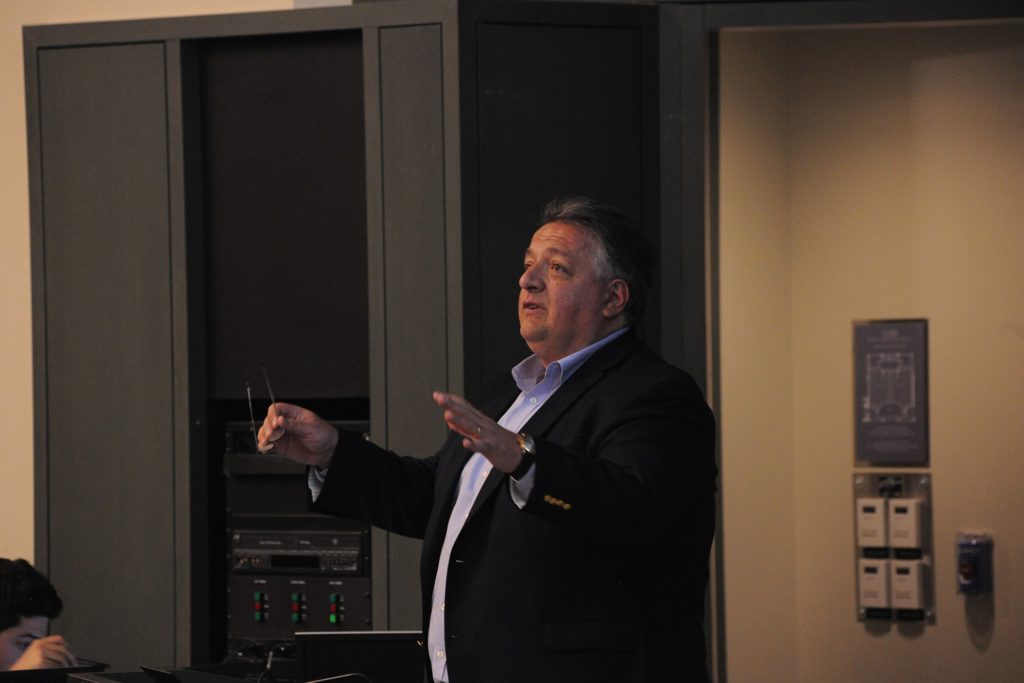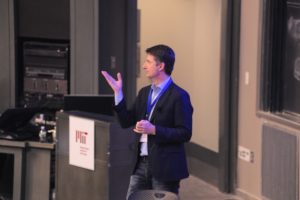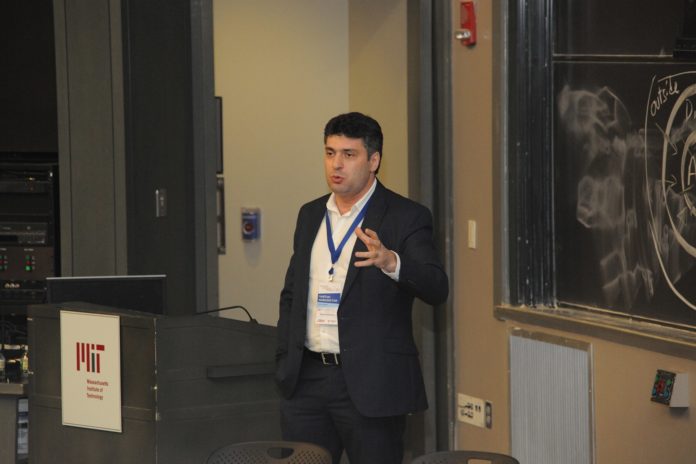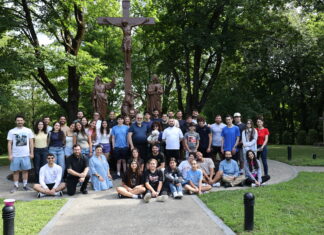CAMBRIDGE, Mass. — If you ever wondered how you could get involved in Armenia, whether only for a relatively casual short-term dalliance, or for a full-fledged love affair, perhaps even to the extent of repatriation, the Imagine Armenia conference in Boston would have provided the equivalent of one-stop shopping. A variety of organizations working in Armenia sent speakers, and many of these were successful repatriates. More than 250 Boston-area Armenians took advantage of this forum held on the campus of the Massachusetts Institute of Technology (MIT) on May 20 to network and learn about opportunities. The Armenian Business Network helped Repat Armenia organize this event, while the MIT Armenian Society secured its locale.

Repat Armenia is a non-governmental non-profit organization which, as its name indicates, works to encourage repatriation of Armenians from around the world to the Republic of Armenia. It was established in Yerevan in 2012 and has permanent staff there.
Jack Antounian of the Boston-based Armenian Business Network (ABN) welcomed the audience members and declared that ABN and Repat Armenia share the same core values, working to make Armenia and Armenians succeed, and perpetuate the values of their forefathers. Antounian declared ABN “promotes intellectual philanthropy,” and helps the Armenian community and nation grow. With over 11,000 members worldwide, it provides a platform and facilitates networking, knowledge-sharing, and support services for fellow Armenians.
Boston-area entrepreneur and Armenian philanthropist Noubar Afeyan gave the keynote speech on why it is important to get engaged in Armenia, using slides to illustrate his points. He felt Armenians in the diaspora had an obligation “to try to reconstitute Armenians as a single nation.” If successful, this would have consequences broader than just for Armenians. Afeyan said that it would in a sense act as a deterrent for contemporary forces considering the perpetration of genocide against others, by showing that despite the destruction, victims are able to recover as a people or nation. Going to Armenia even for a summer internship is thus in a sense connected to the Armenian Genocide as a small step toward attempting to “reverse” it.

Afeyan pointed out that if Armenians did not take concrete steps to aid Armenia, why should non-Armenian organizations or individuals care and do the same. Reconnection by individual Armenians will help advance Armenia or Armenians. Diasporan Armenians seem to think of Armenia as just another diasporan place for Armenians but, Afeyan said, they should consider it as something different. In addition, Armenians should demand from Armenia the high standards that they demand in Western life.
Afeyan took the opportunity to answer criticisms from those who questioned why he supported projects like the Aurora Initiative when money could have directly been used in Armenia. He stated that money can be raised for both purposes, and secondly felt that it was necessary for Armenians to think of themselves as global citizens helping others, and not just receiving help. This is a shift in mentality he says is important.








